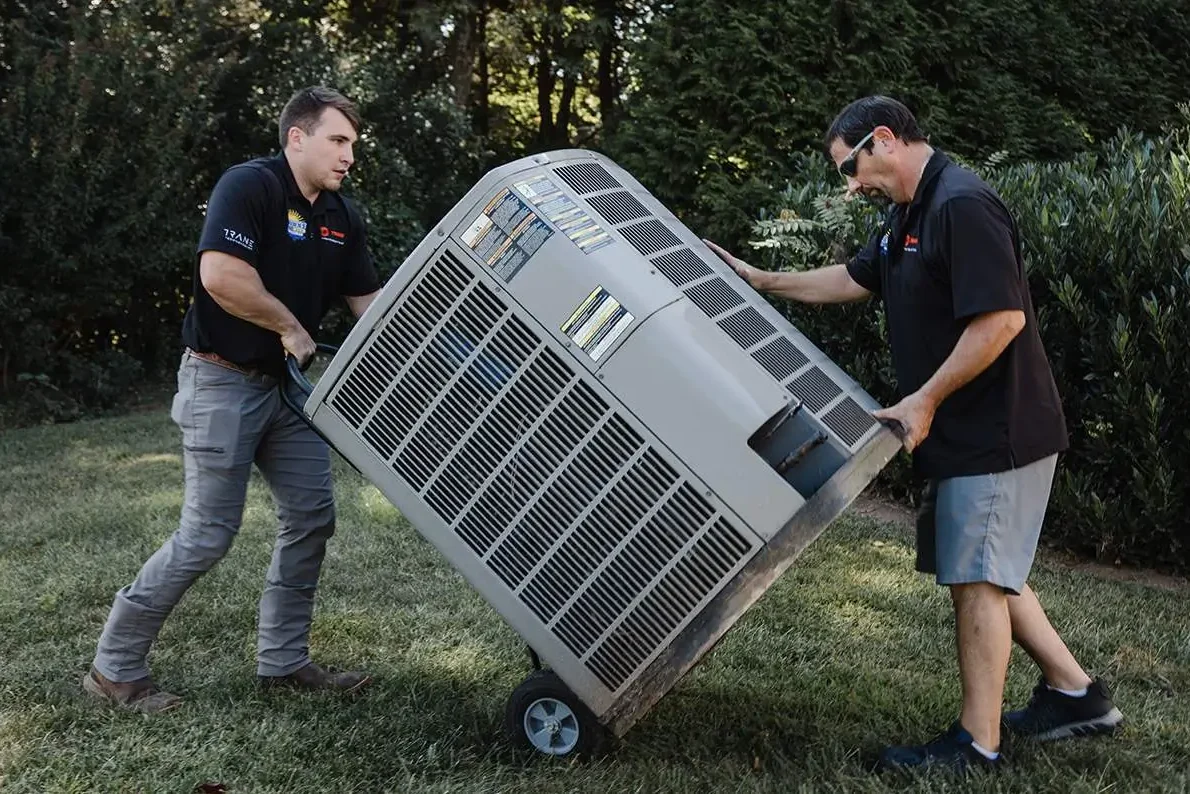hvac Licensing
florida hvac: How to get certified and licensed in FL
HVAC LICENSING
Florida HVAC license: How to get certified & licensed in FL
Ready to begin your thriving HVAC career in Florida? Find out about the costs, training, and benefits of the profession.
In this guide, you will learn the requirements for obtaining your Florida HVAC license.
- HVAC LICENSING
- Florida HVAC license: How to get certified & licensed in FL
- Do you need a license in Florida to become an HVAC technician?
- What are the different types of HVAC licenses?
- What is the difference between HVAC and Refrigeration licenses?
- Benefits of getting an HVAC license
- How much does it cost to get an HVAC license in Florida?
- How to get an HVAC license in Florida
Do you need a license in Florida to become an HVAC technician?
You do need a Florida HVAC license if you want to be a certified HVAC technician.
What are the different types of HVAC licenses?
Florida has four different HVAC technician licenses. In addition to these state-based licenses, you also can get additional licenses that provide further opportunities.
State Certified Class A – This license allows technicians to work on units of any size in any location. These technicians earn between $25 to $29 per hour.
State Registered Class A – This license allows technicians to work on units of any size in a specific location. Professionals with a Class A registration earn between $25 to $29 per hour.
State Certified Class B – Class B certifications let technicians work on cooling systems of less than 20 tons and heating systems lower than 500,000 BTU. The average pay is $20 per hour.
State Registered Class B – Professionals with a Class B registration can only work in specific local areas on systems under 20 tons or less than 500,000 BTU. The average pay is $20 per hour.
NATE – This is a voluntary certification offered by the North American Technician Excellence organization. It shows employers you possess additional knowledge in the industry. On average, a NATE-certified technician makes about $10,000 to $20,000 more a year.
What is the difference between HVAC and Refrigeration licenses?
A refrigeration license, known as an EPA Section 608 Technician certification, is not mandatory for technicians in Florida. This license ensures that technicians know how to handle the refrigerant chemicals found in most air conditioning systems.
Benefits of getting an HVAC license
You need a Florida HVAC license to get hired within the state. The license demonstrates to customers and employers your knowledge of the equipment. Without a license, most private individuals will not hire you for contract work. Also, getting a Class A license or NATE license is helpful because you can earn more money.
How much does it cost to get an HVAC license in Florida?
Costs vary depending on the license. For the state certifications, you will pay $355 for the exam, and then $125 to apply for the certification. For state registrations, HVAC technicians pay a $100 fee to register or renew their license.
How to get an HVAC license in Florida
For a certified license in Florida, you need either four years of active experience or a four-year degree from an accredited school and 2,000 hours of work experience to take the exam. You can enroll in the following schools: Florida Career College, Southern Technical College, Manatee Technical College, or Tulsa Welding School. Classes are available online. Total tuition and fees range from $3,000 to $17,000.
After obtaining the appropriate training and education, you must pass the exam. Some schools include test preparation as part of their programs, or you can enroll in a separate test prep course. The Florida Department of Business and Professional Regulation administers the exam. Check the DBPR’s construction examination schedule to see what exams are offered near you. In addition to their public exams, the agency also may conduct exams at private institutions, like a technical school.
The renewal period varies based on license. The renewal involves paying a small fee and taking a 14-hour continuing education course to learn about new industry innovations. Check the expiration date on your license for your renewal information.

Other industry licenses

Other industry licenses
LEARN FROM THE PROS
Helpful content for the trades
Explore our collection of helpful articles written by top experts in their field to seasoned pros in the field. Strengthen your field service knowledge and stay current on the latest industry topics and trends.